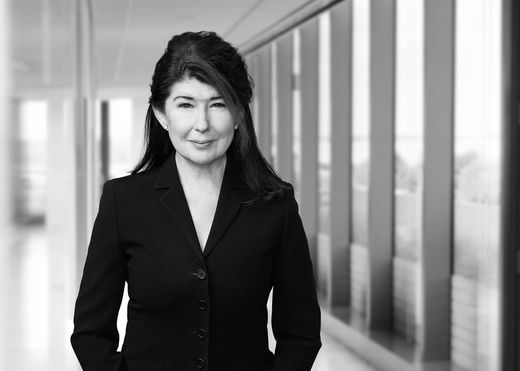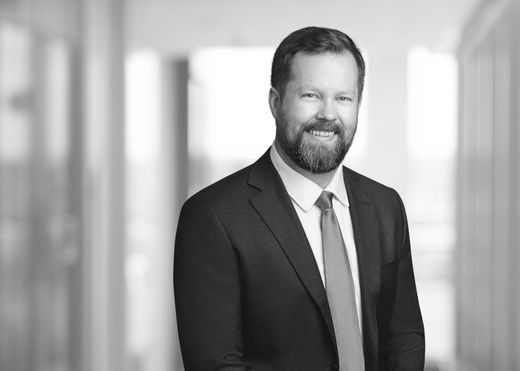Fifth Circuit Rehearing USF Contributions Challenge En Banc

The legal battles over the constitutionality of Universal Service Fund (USF) contributions continue as the U.S. Court of Appeals for the Fifth Circuit has granted a request for the full court to re-hear a challenge to the contributions regime.
Three months after a three-judge panel of the Fifth Circuit denied a challenge to the funding mechanism to support the deployment of telecom networks, the court has agreed to re-hear the case en banc. A Sixth Circuit panel similarly rejected a challenge to the contributions regime in May 2023, and another challenge remains pending in the Eleventh Circuit, where oral argument was held in June 2023.
Under current Federal Communications Commission (FCC) rules, the Universal Service Administrative Company (USAC), a body established and overseen by the FCC, calculates the percentage of telecommunications revenues that certain telecommunications providers must “contribute” to the USF in order to meet the financial requirements of the support programs the FCC has established.
The challengers in these cases have argued that the section of the Communications Act establishing the USF contributions mechanism represents an unconstitutional delegation of legislative power to the FCC, including by claiming that this “contribution” amounts to a tax, which could only be levied by Congress, not the FCC or USAC. The Fifth Circuit and Sixth Circuit panels held that Congress had provided the appropriate “intelligible principles” to narrowly guide and direct the actions of the FCC in the statute, and that the FCC had properly delegated that function to USAC. Since the statute only allows the FCC to raise funds to cover the costs of the universal service programs expressly listed in the statute, the courts reasoned that the FCC’s contribution powers were narrowly tailored. Given the perception that the initial Fifth Circuit panel was particularly favorable to the FCC and the court’s decision to grant en banc review, however, many commentators expect that the full court may be more receptive to the challengers’ arguments. Oral argument will be held the week of September 18, 2023.
USF contributions reform has become a hot issue in communications law as the base of telecommunications service revenues from which contributions are derived has shrunk while USF funding requirements have increased. While traditional telecommunications revenues have declined as consumers switch to broadband services (which are not included in the contribution base), the percentage of telecom revenues required to support universal service has climbed steadily higher, and is now around 30%.
Congress directed the FCC to study the issue and propose alternatives in the Infrastructure Investment and Jobs Act of 2021, such as including broadband revenues in the calculation, assessing contributions on a broader group of companies, such as streaming and online services, or simply relying on congressional appropriations to fund universal service. However, in its Report on the Future of the Universal Service Fund, the FCC concluded that there was no consensus in how contributions should be reformed, and that the issue required further study, as there was also no consensus on the extent of the FCC’s authority to change the contributions regime. Should the challengers ultimately prevail in overturning the current system, the most likely alternative system would be congressional appropriations, as simply including broadband or edge provider revenues in the current system would be subject to the same delegation problems the court would find with telecom revenues. However, such a switch would likely require a significant amount of time, and might lead to at least a temporary suspension of USF programs.





